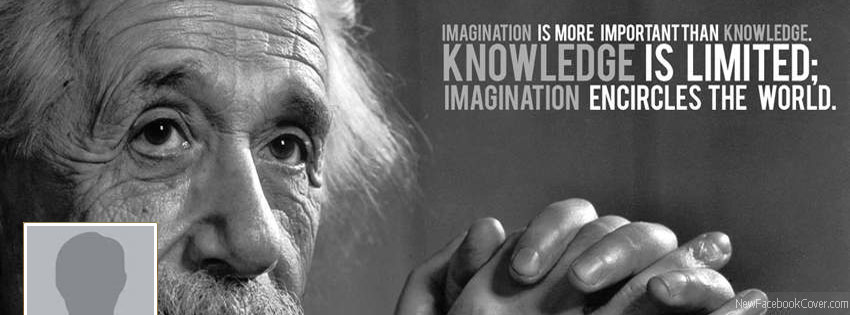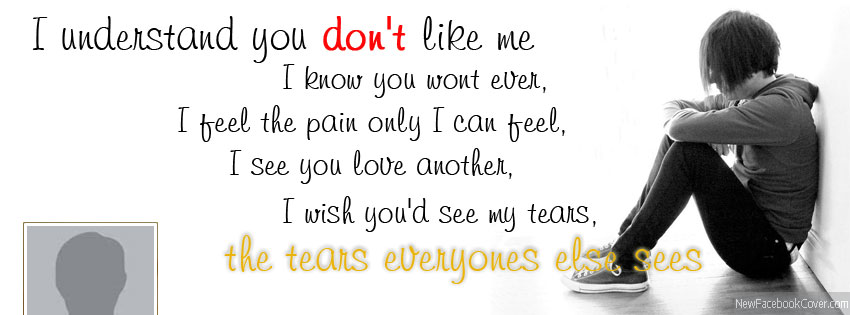 |
| Lunar Eclipse 2010 |
Total lunar eclipse 2010 which is going to start in northern part of europe and will be the last astronomical event for 2010 other than the geminds meteor shower which happened few days ago and viewers from toronto, canada will be in a better position to observe the lunar eclipse of december 2010 and this celestial event occur when the sun and moon are directly aligned which is going to happen sooner to produce the total lunar eclipse.
NASA reports that the last time these astronomical events took place in sync was on Dec. 21, 1638, and it won't happen again until at least 2094.
Depending on where you live, the lunar eclipse will be visible late night Dec. 20 or early morning Dec. 21. The full moon will be darkened by Earth's shadow as our planet passes between it and the sun. December 21 is also the winter solstice, the longest night of the year, after which the days will begin to grow longer. Coupled with the lunar spectacle, it means we're in for an especially dark eve.
Total eclipse is expected to begin at 2:41 a.m. EST on Tuesday and optimal impression of the lunar eclipse is 3:17 a.m. EST.
Causes of Lunar Eclipses
When the orbits of the Earth, Moon and Sun are lined up just right, the Moon will pass behind the Earth and enter the Earth’s shadow. The Earth’s shadow blocks out most of the light from the Sun and the Moon goes dark. Lunar eclipses always occur when there is a full moon.
Since the moon is traveling 2,300 miles per hour through the Earth’s shadow, the total eclipse can last up to 107 minutes.
When will the next Lunar Eclipse occur
- 1995–1998
- 1998–2002
- 2002–2005
- 2006–2009
- 2009–2013
- 2013–2016
- 2016–2020
Recent and forthcoming lunar eclipse events
- March 3, 2007, lunar eclipse ― The first total lunar eclipse of 2007 occurred on March 3, 2007, and was partially visible from the Americas, Asia and Australia. The complete event was visible throughout Africa and Europe. The event lasted 01h:15m, began at 20:16 UTC, and reached totality at 22:43 UTC.[6]
- August 2007 lunar eclipse ― August 28, 2007, saw the second total lunar eclipse of the year. The initial stage began at 07:52 UTC, and reached totality at 09:52 UTC. This eclipse was viewable form Eastern Asia, Australia and New Zealand the Pacific, and the Americas.[7]
- February 2008 lunar eclipse ― The only total lunar eclipse of 2008 occurred on February 21, 2008, beginning at 01:43 UTC, visible from Europe, the Americas, and Africa.[8]
- There was a partial eclipse of the Moon on December 31, 2009.
- There was a partial eclipse of the Moon on June 26, 2010.
- The next total eclipse of the Moon will occur on December 21, 2010.
Related searches:
lunar eclipse 2010, lunar eclipse, lunar eclipse 2010 december, lunar eclipse december 2010, lunar eclipse 2010 time, solar and lunar eclipse worksheets, causes of lunar eclipses, pictures lunar eclipse, eclipse december 2010, google lunar eclipse, picture of a lunar eclipse dec. 2010, pictures from the lunar eclipse 12.21.2010









